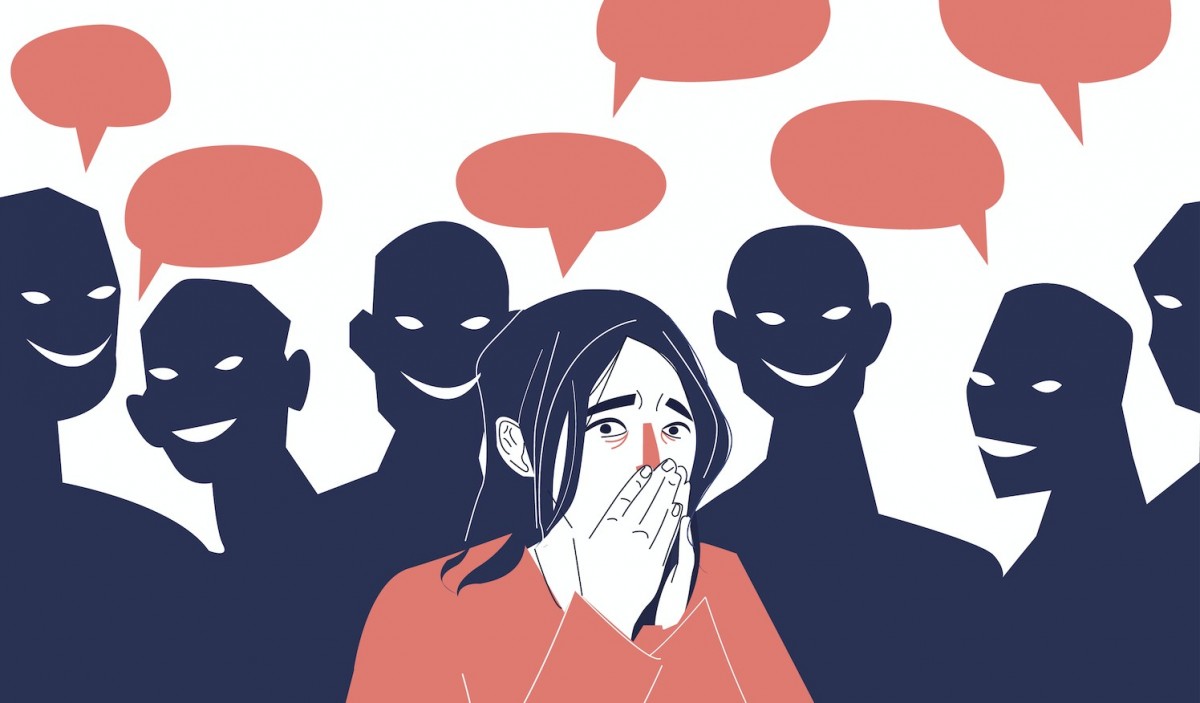
Teenagers and adults can face social anxiety that may lead to depression. Someone who notices the symptoms that correlate with social anxiety or depression is more likely to function poorly in every aspect of life. The person or the caregiver must prioritize mental health and should seek help in finding a competent psychologist from oladoc.com.
What is social anxiety?
Social anxiety is a disorder in which the person experiences fear and is extremely anxious while having interactions. It is commonly known as social phobia. There is a constant fear that the people around them are judging them. It is difficult to function normally in social settings; which include school, workplace, and family events. The person might be aware that the fear is irrational, but it is out of their control to overcome and behave like others in social settings.
What is the correlation between social anxiety and depression?
Social anxiety refers to the fear of social interaction, whereas depression is persistent episodes of sadness and loneliness. Research has shown that the person diagnosed with a social anxiety disorder is at a higher risk of being diagnosed with depression. When the person is unable to have social interactions, it is more likely that the individual becomes prone to remain sad in later years of life. It is essential to deal with SAD at an early stage or it may cause other problems other than depression, such as alcohol abuse and panic attacks.
What are the causes of social anxiety?
The causes of social anxiety include;
Inherited: If the individual has parents or siblings that are diagnosed with a social anxiety disorder has a higher chance of being diagnosed with the same disorder.
Role of Amygdala: Amygdala is a part of the brain that controls emotions, including the fear response. The person with an overactive amygdala will have a heightened fear response.
Role of Environment: Additionally, if the children have experienced bullying or verbal abuse, either from caregivers or in school is more prone to develop the disorder eventually.
What are the symptoms of social anxiety disorder?
The symptoms of social anxiety are:
- The individual feels nauseous in social settings.
- The heart rate increases and the person is not able to breathe properly.
- Excessive sweating and feel numb around people.
- Being unable to maintain eye contact in social gatherings
- Constant fear of being judged
- Overthinking regarding upcoming events
- Research has shown individuals with SAD have low self-esteem.
How can a psychologist help?
A psychologist can help the parents or adults to diagnose the disorder. It enables them to understand their situation, cause, and environmental triggers aiding them to feel anxious. Additionally, the psychologist advises the treatments that can help them get better and lead healthy and proactive life.
What are the known treatments for Social Anxiety Disorder?
The treatments that are beneficial for SAD include
Psychotherapy: CBT is known to be an effective way to understand the thought process that enables the person to think negatively. Understanding and trying to replace them with positive thinking helps the process to become less anxious and deal with the situations rationally
Group Therapy: To know people with the same issue exist and talking about the problems help socialize in a safe environment.
Social anxiety disorder can cause the person to become inactive and fearful. It is significant to focus on mental health to thrive in all aspects of life. The person dealing with psychological issues struggles to maintain a healthy balance. Caregivers should seek guidance from the best psychologist in Karachi to help the person lead a proactive and content life.

